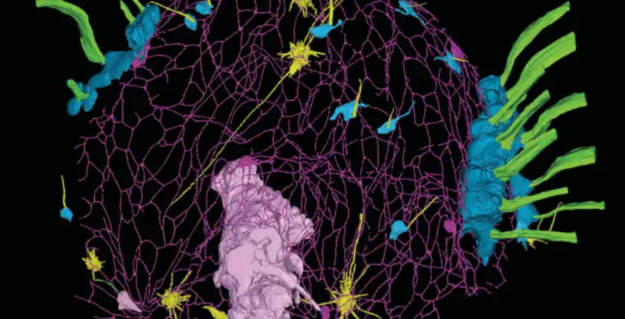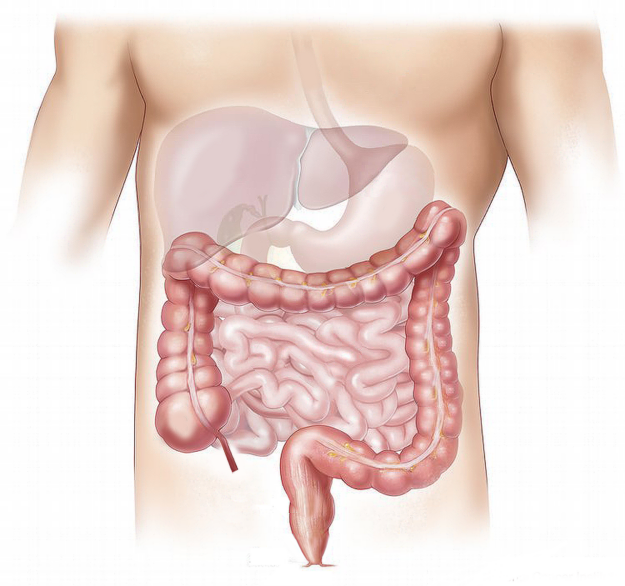Spirulina in Clinical Practice: Evidence-Based Human Applications
Spirulina in Clinical Practice: Evidence-Based Human Applications Abstract Spirulina or Arthrospira is a blue-green alga that became famous after it was successfully used by NASA as a dietary supplement for astronauts on space missions. It has the ability to modulate immune functions and exhibits anti-inflammatory properties by inhibiting the release of histamine by mast cells. Multiple studies…













